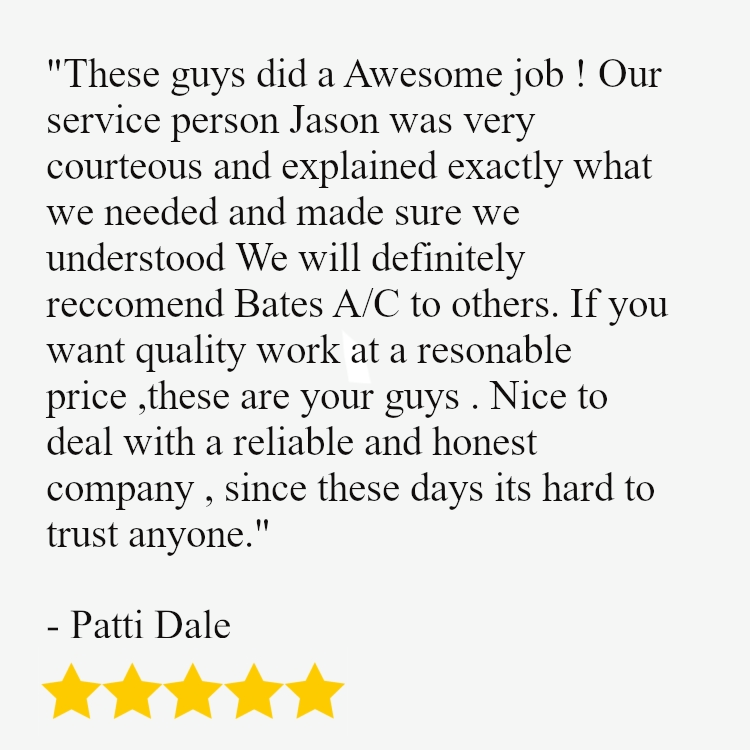Same Day HVAC Service
Emergency A/C Service
HVAC Maintenence
We Inspect HVAC Systems
Thermostate Upgrades
Commercial & Residential









The City of Cleburne, Texas, is the county seat of Johnson County, located about 30 miles south of Fort Worth. With a population of approximately 31,352 as of the 2020 census, the city is named after Confederate General Patrick Cleburne and blends historical charm with modern conveniences.
Cleburne spans about 38.6 square miles, including 2.9 square miles of water. The city experiences a humid subtropical climate, with hot summers and mild winters, making it an ideal place for outdoor activities year-round.
Johnson County Chisholm Trail Museum – An open-air museum showcasing the area's rich history, including Texas’ oldest log courthouse and other historical structures.





When your air conditioner operates for extended periods, several issues may arise that affect both your wallet and the unit's longevity.
Higher Energy Bills: Longer running times translate directly into increased energy consumption. This uptick in usage can significantly inflate your monthly utility costs.
Increased Wear and Tear: Just like any mechanical device, your AC unit experiences more strain the longer it runs. This continuous stress can accelerate the deterioration of its components, potentially leading to costly repairs.
Reduced Lifespan: Consistent overuse can shave years off the life of your AC system. As wear and tear build up, the risk of a premature breakdown increases, forcing you to consider replacement sooner than anticipated.
Cooling Inefficiency: If your AC seems to never stop, it might be struggling to maintain the desired temperature. Inefficiency could result from issues like poor insulation or a malfunctioning thermostat, which can prevent your home from reaching the set comfort level.
It's important to address any underlying problems causing your AC to run excessively, ensuring it operates efficiently and remains in good working order for years to come.
Wondering why your air conditioner refuses to power up? Let's explore some common reasons that might be causing this frustration and how you can address them.
Dirty filters can choke airflow and cause the system to overheat, preventing it from starting up. Regularly clean or replace filters to maintain proper airflow.
Low refrigerant due to leaks can reduce efficiency and stop your AC from working. Identifying and fixing leaks requires a professional HVAC technician.
An obstructed drain line can trigger safety switches, preventing operation. Inspect the drain for blockages and clear any debris.
Loose or damaged wires can disrupt power flow to your AC unit. Verify connections and inspect for any signs of wear or tearing.
If you've tried these steps and your AC still refuses to function, it might be time to consult a professional technician. While some issues can be resolved with simple troubleshooting, more complex problems will require expertise to ensure repair without risk of further damage.
By understanding these potential problems, you can better identify when a DIY fix is possible and when it’s smarter to reach out for professional help.
Experiencing issues with your AC unit can be frustrating, especially if the culprit is a simple flipped circuit breaker. Here’s a straightforward guide to help you check and reset a circuit breaker related to your AC:
Begin by finding the electrical panel, which is often situated in a garage, basement, or utility room. This panel houses the circuit breakers that control power to various parts of your home.
Once you’re at the panel, look for a breaker that’s out of alignment with the others. A tripped breaker usually sits in the middle position and might have a noticeable red or yellow tab indicating it’s tripped.
To reset the breaker, first ensure your hands are dry for safety. Flip the tripped breaker to the "off" position completely before turning it back "on". This should restore power to your AC unit.
If power isn't restored, consider contacting your utility provider to determine if there are any local power outages. Inspect the fuse for potential signs of damage, like visible cracks or ash residue.
Although you can replace a blown fuse yourself – fuses are available at hardware stores – it's crucial to follow safety guidelines when handling electricity. An electrician can replace fuses and check for other issues, such as overworked breakers or problematic outlets, if you're unsure about doing it yourself.
Taking these steps should help ensure your AC unit receives proper power, avoiding unnecessary downtime and maintaining your home’s comfort.